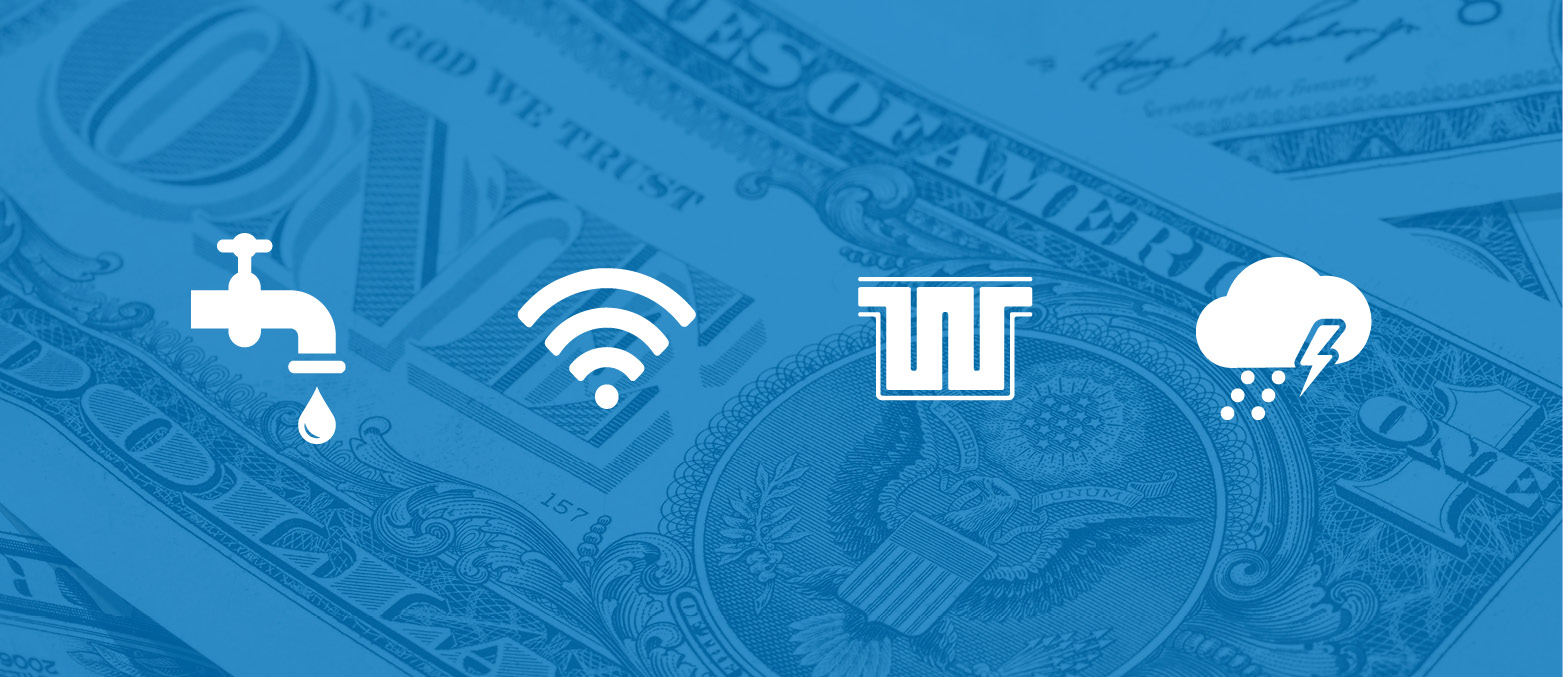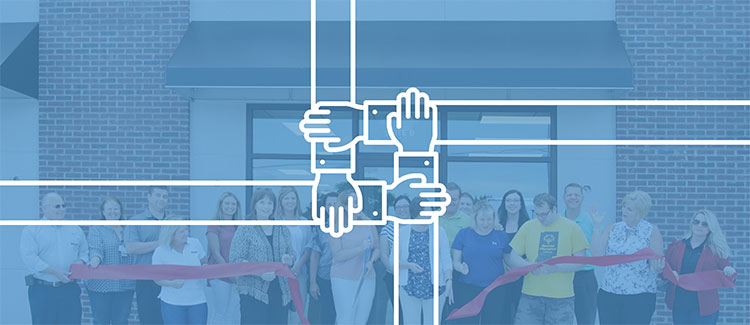Whether you are a small town, mid-sized village, or big city, there are always infrastructure projects that go unfunded or unfinished. Every municipality has a wish list of projects they want to see completed. One way to start knocking those projects off the list is by leveraging grant funds available through local, state, federal and even private agencies. If properly managed, grants are a great way to extend municipal budgets and bridge the gap between the organization’s available resources and infrastructure needs. There are many challenges associated with obtaining grant funding. With these tips, you can put your organization and project in the position to succeed.
Challenges
![]()
Tip 1: Get Familiar with the Application Process
Navigating the application process can be challenging. Many application cycles occur once a year or sometimes even less frequently. Normally grants only fund specific types of projects (i.e., transportation, pedestrian, flooding, energy consumption, etc.), and have specific eligibility requirements. Awarding authorities may require a resolution from the governing body to appropriate the local share of the project cost. Some may require that the preliminary engineering be underway, completed, or even “shovel ready” meaning the project is ready for construction.
Tip 2: Don’t Let the Competition Discourage You
Obtaining grant funding is very competitive. Sources for funding are limited, and typically the number of requests and amount of funding requested is greater than what’s available. Many great projects with strong applications don’t get funded. If this happens, it’s a good idea to keep trying in successive application cycles. Sometimes a second application will stand out and can be a determining factor in choosing between two strong applications.
![]()
Tip 3: Make the Time and Find Resources
Most municipalities face a host of challenges including delivering services, managing projects, improper staffing, resolving citizen service requests or complaints, and lack of funds. Finding time and resources may be the greatest challenge to crafting a competitive application. It is important to leave yourself enough time to properly put together a comprehensive grant application. Be sure you understand if Board action is required for specific pieces of the application and time obtaining approvals to coincide with application deadlines.
Grant Writing Strategies
Tip 4: Project Planning Strengthens Your Application
When applying for grant funding, it is imperative that the project is well thought out. Prior planning in any form (i.e., Master plans, capital improvement plan, stormwater study, pavement assessment, etc.) will bolster a grant application. It takes time and effort to create a plan and budget/cost estimates. No matter how persuasive the writing style or content, there is no way to replace proper planning. Planning shows the awarding agency the governing body has a vision which includes the completion of the project.
![]()
Tip 5: Customize Your Application Appropriately
First, read the entire funding announcement! You may be surprised by how many grant applications are unfunded due to simple mistakes made by not reading and following the application guidelines. Second, you must propose a project that the granting agency will want to fund. Tailor your project’s application to the program you are applying for and clearly explain what the granting agency will be supporting.
Illustrate how the project accomplishes the goals of the funding criteria. One way to do this is by enhancing your application visually and include exhibits, maps, photos, and renderings of the proposed improvement. Make the selection committee notice your application and remember it.
![]()
Tip 6: Team Up
Currently trending in grant funding is the opportunity to help more than one applicant in a single grant award. Awarding a grant to multiple communities or agencies through one project allows the granting agency the ability to broaden the reach of their program. If you can co-apply or partner with a not-for-profit agency, adjacent municipality, county, township or even the state, the application is more desirable. Additionally, there is the benefit of another entity to share the local funding match that is more than likely required.
![]()
Tip 7: Utilize Matching Funds
Allow the granting agency the ability to stretch their dollar. Simply put, the more money provided by the applicant, the better the chance of securing the grant. Because grants are often sought due to a lack of funding, this situation requires the leveraging of different granting agencies and grant programs. Granting agencies can and will collaborate to fund a project.
Using motor fuel tax funds as the local match is another option which may reduce the amount of documentation overall since federal-aid projects and state shared funds of this type typically require similar documentation methods.
At Clark Dietz, with a staff of engineers, GIS technicians, and graphic designers, we have the resources and expertise to help you find, apply for, and secure the funding you need to develop projects from concept through completion. We will get to know you, your needs, and your priorities and create a customized funding plan to find funding sources, match them with priority projects, and help develop winning applications.





